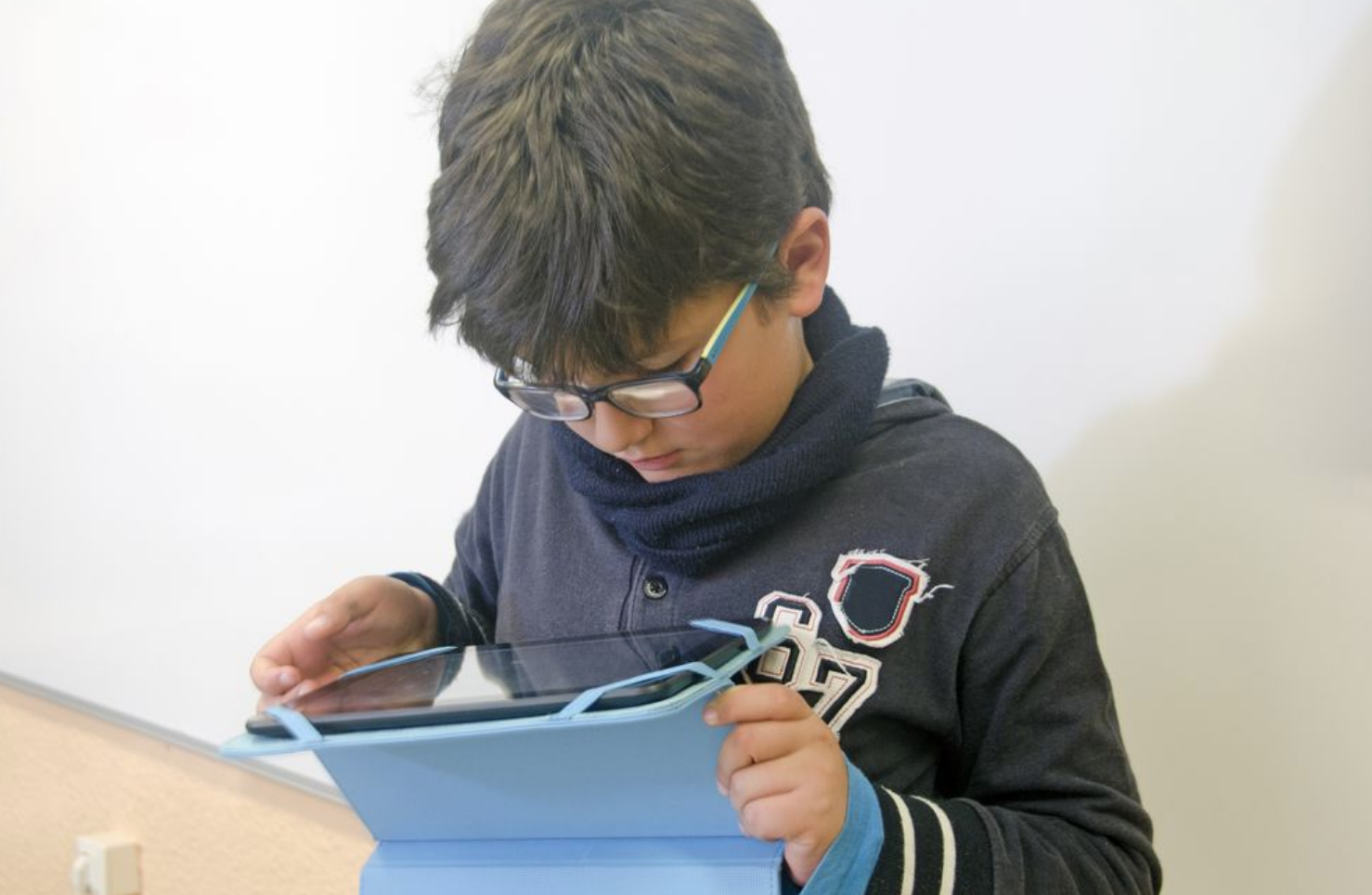
Cyberbullying is now becoming a trend nowadays because of the popularity of social media. Whether you are young or old, everyone is at risk to these bullies. With the uncertainties of the internet, it is justified that we are worried about whether cyberbullying can happen to our children.
Children can react differently when it comes to bullying. However, if they are experiencing learning and social problems, they are more at risk of online bullies. Usually, they won’t tell anyone they are being bullied and this can be dangerous.
As a parent, it can be difficult to determine if your child is being bullied. But, here are some tips on how you can help your child and know if they are experiencing cyberbullying.
Why Kids Don’t Tell Their Parents
Many kids tend to keep their experience from their parents because they don’t know it qualifies as bullying. Even if they realize it is bullying, they don’t know how to deal with it.
They will keep it to themselves as they try to deal with their situation. Some may even think that complaining would only cause more bullying to happen. Others may think telling others would only be ignored.
There is also a possibility that they are not telling their family about their issues because they fear they won’t be able to use the internet again. This fear may be warranted as some parents may address the issue by removing their online privileges.

How to Recognize Online Bullying
Considering the possible reasons why your children won’t tell you about online bullying, it can be difficult to tell if they are a victim to one. However, there are signs that you can look out for to determine if they are victims of online bullying.
Here are some ways you can check to help you tell if your child is being cyberbullied:
Monitor their behaviour
A great indicator that your child is experiencing something bad is through their behaviour. If they suddenly don’t use their mobile phones or computers, something must be going on.
You can also watch out if they suddenly avoid social events or their daily habits like sleeping patterns are somehow affected.
Mood swings
Is your child displaying random mood swings that often leads to either depression or anger? Are they suddenly complaining about low energy, concentration problems and loss of appetite? These are key signs you must not miss.
Abrupt changes in friendships
Children don’t usually cope well with bullying and sometimes, it will show through their actions. They won’t even realize it themselves. Look at how they act around other people, from their actions to their messages.
You should also see how they will react with what people are telling them. They may suddenly change friends and prefer to be alone.
Keeping out of sight while using the device
When you give your child access to gadgets for the first time, they are very excited. But, if they are being bullied online, they will suddenly ignore their gadgets and fear any notification they get.
They may even leave the room with their mobile once you walked in or locked their bedroom doors when they are on their computer, for the fear that you will find out.
If you can monitor their app or website history, you will notice they are avoiding a particular site or app. Others may end up spending a lot of time on one site as if they are fixated with it.

How You Can Help as a Parent
If your child displays the signs of being cyberbullied, there are several ways you can help them get through their ordeal:
Serve as their role model
As parents, our children look up to us and whatever we do to deal with certain situations, they try to use it as their example.
With this said, serve as their role model by using the internet wisely. Don’t stay up all night using the internet and instead, take time to learn new things with your child or spend quality time bonding with them.
Open means to communicate with them
Kids sometimes do not reach out to their parents because they fear their responses. Some believe parents won’t listen to anything their children say or believe it will be welcomed.
Open your doors to them and let them know you are ready to listen. You should also take the time to teach them about using the internet wisely.
Teach them how to deal with the issues brought by using the internet and how they should use it. Establish limits and let them know why these limits are important.
Monitor their online activity
Nowadays, it is very easy to track online activity, especially if you have access to your child’s gadgets or accounts.
Check what they are doing online and see what they are saying. If you find something wrong with their actions, let them know and teach them how to correct it. If you don’t see anything wrong, don’t interfere.
Use parental control services
If you really want to keep your children safe online, you can check out the available parental control services in the market.
Sites like Norton offer programs that will help parents set limits on what their children can check or open. Others may have parental control apps which can be controlled from your phone.
Cybersecurity experts from Cybernews recommend reading their Qustodio vs. Bark review and considering the best parental control apps to provide top-notch safety for your family.
You can also introduce services like YouTube Kids so they can only access kid-friendly content.
Let their bullies know that you are watching them
If you discover that your child is being bullied online, suggest to your child to let the bullies know that you are watching their actions.
While this may trigger more bullying, some bullies may see that as a warning and let your child off. You can also use this as a chance to speak to the parents of these bullies and let them know what their children are doing.
Get help
If the bullying persists, ask for the help of the school or even by the police. Make sure to present your evidence to show how your child is being bullied since this will strengthen your case.
You should also ask the help of professional therapists to help your child get through their ordeal.
Conclusion
Cyberbullying is dangerous for its victims, especially if it happens for a long time. For kids, such an experience can traumatize them and change them if it persists. If you see the signs that they are being bullied, jump in immediately to intervene.
For more help on bullying, here are some tips:
Bullying: A Winning Approach To Address It
What To Do When Your Child is Being Bullied at Daycare in Singapore?
